News & Updates
-
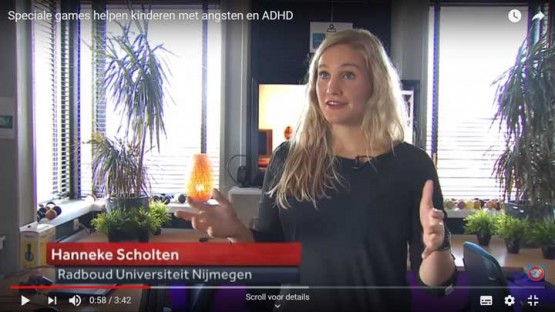
GEMH Lab featured in Het Jeugdjournaal
Hanneke Scholten - 26-11-2018Last Friday GEMH Lab was featured in Het Jeugdjournaal to explain why games can help children to overcome their problems, such as anxiety. Het Jeugdjournaal is a Dutch news show that aims to educate children about worldwide and national news.
-
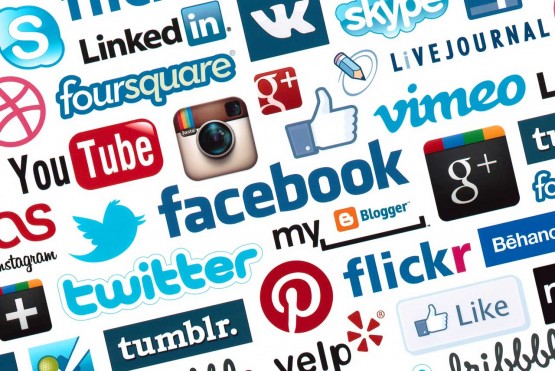
3 Ways Social Media Make the World a Better Place
Nastasia Griffioen - 22-11-2018We’re slowly crawling towards the 'season to be merry', and in the spirit of positivity we’re going to take a look at 3 ways in which social media have created opportunities for our world (and us) to be better!
-

Cleaning your Feed: How to Curate your Social Media Experience
Babet Halberstadt - 15-11-2018Social Media can be wonderful social places, but can also expose you to privacy issues, disturbing content, and harassment. Here are some tips on how to curate your experiences on Facebook, Twitter, Instagram and Tumblr.
-

November 's Theme: Navigating Social Media
Babet Halberstadt - 01-11-2018It’s November and the days are growing noticeably shorter. In the evening we might be inclined to stay in and curl up with a nice cup of tea and talk with friends online. But, isn't that worse than meeting face-to-face? Well...
-
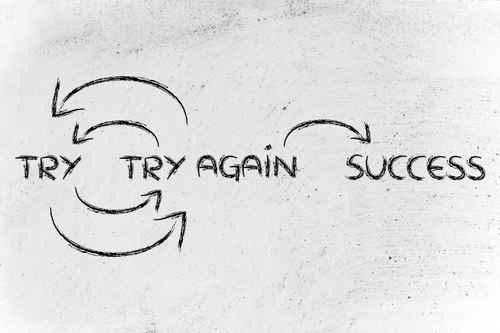
A short CV of failures: how failing made me more successful
Hanneke Scholten - 29-10-2018We are all so afraid of failing that we do almost everything to avoid it. We work as hard as we can, we live the most interesting and exiting social lives according to our personal Facebook and Instagram pages, and train in the gym to achieve a ‘killer body’. At the same time depression, anxiety, burnout, and even suicide rates are raising to unimaginable lengths, especially in youth and young adults. What is going on here and what factors are responsible for this contradictory phenomenon?
-

Sharing = caring, and we might be caring a little too much
Nastasia Griffioen - 15-10-2018In our previous blog, we've discussed some early life events and personality traits that might make you more susceptible to developing a fear of failure. This time, we'll be talking about a much more recently developed source of self-doubt.
-

Why you might be experiencing a 'fear of misfortune'
Nastasia Griffioen - 09-10-2018Psychological theories such as the ‘need achievement theory’ suggest that people vary in the extent to which they go looking for success, and in the extent to which they will avoid failure at all costs. But what makes us score high or low on those dimensions? What are the risk factors?
-

Don't forget to loot the axe
Michelle Colder Carras - 06-10-2018We all have degrees of noobishness, which in real life are frequently known as mistakes.Failing in video games is easy because there are no real-life consequences. The good thing is that the experience of failing again and again not only helps you learn the game, it can help you learn to fail.
-
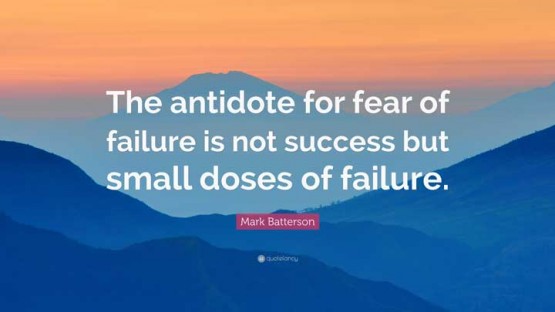
October's Here, Time to Deal with Fear of Failure!
Nastasia Griffioen - 04-10-2018While failing may be painful and may sometimes even come as a surprise, failing is also what allows us to move forward and develop ourselves. And with holidays over and challenges surely awaiting us, we will be focusing on a feeling we’re all familiar with to one degree or another - fear of failure.
-
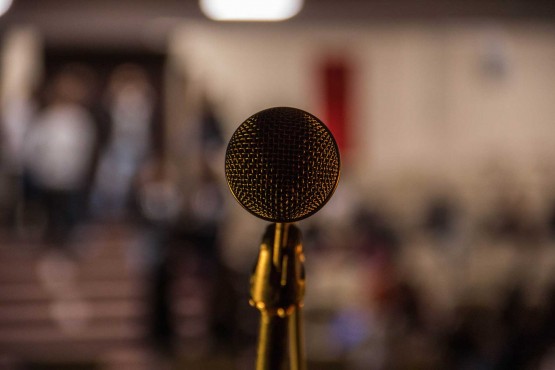
What's the best way to talk about mental health?
Michelle Colder Carras - 21-09-2018There’s a belief that talking about mental illness as a disease (the disease model) reduces stigma and makes it easier for people to get treatment. Others think that the best approach to talking about mental health is to focus on the similarities, thinking of mental health problems as a continuum from the normal “being stressed out” to extreme reactions to stress. There’s no easy solution to this dilemma.
